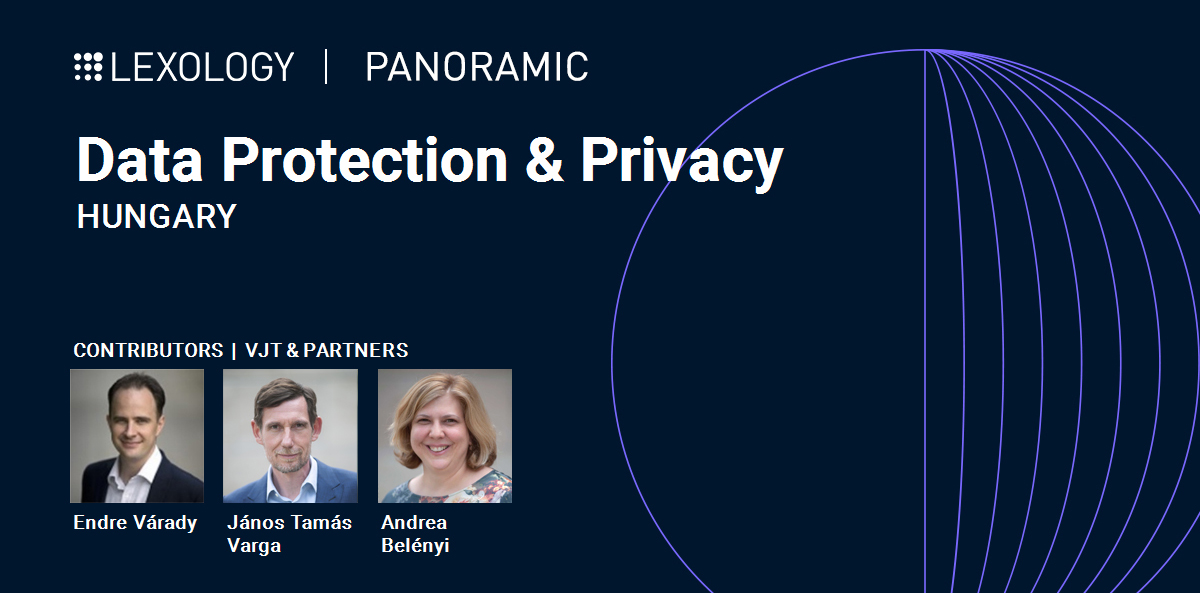– Dr. Andrea Belényi –
Many companies claim to be doing something for the environment, their employees or ethical business practices, but what they are doing is often more in the company’s own business interests. Behind the nice-sounding phrases and slogans, there is often just a marketing ploy, an advertisement or an unfair commercial practice. But this is punishable by the authorities. Our competition law expert Andrea Belényi looked at the pitfalls of ESG and the resulting greenwashing which is not acceptable from a consumer-protection point of view!
ESG (Environment, Social, Governance) is a triple bottom line of requirements for companies which goes beyond business considerations. The letter ‘E’ refers to the environmental impact of a company’s operations and encourages all companies to reduce their environmental footprint. This includes, for example, reducing waste production, rationalising the use of packaging materials, and developing circular economy. The letter “S” refers to social and societal aspects, such as occupational health and safety or the well-being and safety of workers. The letter “G” applies to corporate governance, the actions, composition and decisions of senior management, and the extent to which Management is respectful of human rights and ethical business practices. ESG is for us, to make the world a better place. But it is not, of course, that simple.
The term ”greenwashing”popped out of the head of an American environmentalist during a stay at a hotel. The hotel he was staying at called itself environmentally conscious simply because it asked its guests not to change the towels they used every day to protect the environment, and so reduce the hotel’s impact on the environment by reducing the chemicals and water it uses for cleaning. As it turned out, this was more a measure to reduce their own costs, so instead of whitewashing towels, they were “greenwashing” the business.
It is easy for companies to make statements or references that emphasise their non-existent environmental credentials. For example, cleaning product brands often have a tree symbol on the box, or simply the box itself is green, giving the consumer the impression that the product is made from mostly or even entirely natural materials. Sometimes, packaging that is presented as degradable has nothing to do with how long it takes to degrade. And in the case of green cars, no one stresses how much energy it takes to produce batteries, how long they can be used for and how much the batteries used go on to pollute the environment.
Recently there has been a proliferation of green claims that companies have failed to substantiate. However, credibility is now of paramount importance in this area, as it builds consumer trust. To enforce fairness, competition authorities have launched individual investigations as well as comprehensive market investigations. If an information practice is found to be unlawful, it will be considered an unfair commercial practice and fines will be imposed.
So there is definitely more to be done from a consumer protection perspective, as both consumers and companies need to be much more aware. The intention is already there to create specific rules to protect consumers and to impose heavy penalties on companies that break the rules, but the legislative process to create specific rules to clarify the situation has not yet started, although many are calling for it.
In the meantime, it is worth keeping an open mind and using common sense to consider whether a product or measure is really “green” or just pretending to be. And companies should be careful to say only what they can justify about their products, themselves or their operations.





